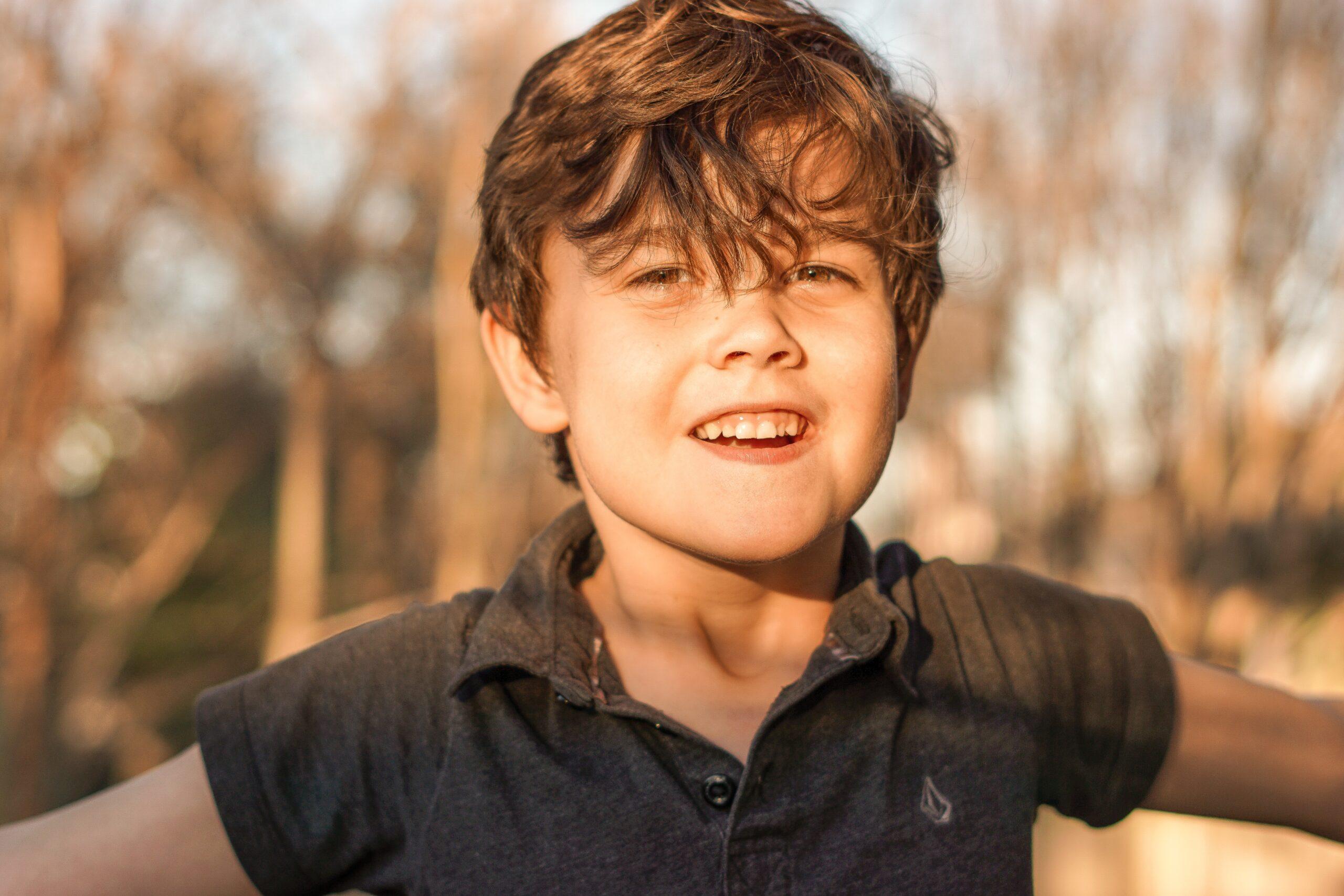For the majority of American children, camp is a right of passage, a signpost along the path toward self-reliance and self-discovery. This year, more than 10 million children nationwide will pack their duffels and set off for camp, as indicated by the American Camp Association (ACA). Whether a child seeks adventure, an outlet for artistic expression, new friends, sports or the opportunity to explore the great outdoors, there is a camp to fulfill that child’s whims.
However, not all children handle the transition to camp smoothly. Many campers have a form of homesickness, with some experiencing separation anxiety disorder (SAD). Children who suffer from SAD, says Bob Ditter, LCSW, experience distress related to being away from home or a significant caretaker, or when they are removed from their comfort zone. The camp consultant and child therapist adds that often the stress involves more than a child missing home. The anxiety can become so excessive that a child fears never seeing one’s parents again. According to the Mental Health Association of Westchester, this condition occurs when a child or adolescent must stay in a place that he or she cannot easily leave to return home. Though rare and extreme, it is something to consider when selecting a camp for your child.
Separation anxiety disorder is more prevalent among sleepaway campers than day campers. The Diagnostic and Statistical Manual of Mental Disorders, Fourth Edition (American Psychiatric Publishing), the authoritative manual on mental health disorders, reveals that the disorder affects 4 percent of child campers and non-campers combined. Common symptoms include nightmares, psychosomatic symptoms of illness, insomnia, crying spells or fearful fantasies. According to Ditter, separation anxiety disorder is disruptive enough to impair a child’s social, academic or occupational activities. Therefore, it’s essential to keep the lines of communication open with camp staff to find out how your child is faring at camp.
Separation anxiety is not to be confused with homesickness. The latter is a normal stage of development that is fairly common and usually short lived. Marla Coleman, past president and current spokesperson of the ACA, says that 95 percent of campers experience missing home at least one day out of their stay. Unlike separation anxiety disorder, homesickness doesn’t consume the child or prevent a camper from participating in activities he or she would otherwise enjoy. Common and reasonable fears that children have when attending camp for the first time include worries about being sad and tearful to the point of embarrassment, not being liked or accepted, and having to get dressed and shower in a bunk with other campers.
To prevent separation anxiety, and allow your child to have the best and healthiest camp experience possible, take strides to make the transition from home to camp easy. First, speak with your child’s camp director, group leader or counselor prior to camp. This establishes a camp ally for the child, suggests Ditter. Also remind your child of personal strengths and abilities. This builds self-confidence, inspiring your child to tackle new adventures and opportunities at camp.
To assuage children’s anxiety, Peg Smith, ACA’s CEO, suggests including your camper in the decision to attend camp. Take note of your child’s concerns and opinions. When children aid in determining which camp to attend, and make related decisions like what to pack, they possess ownership of the situation, says Smith. Parents should also normalize feelings of worry, saying things such as: “It’s OK to miss us. We will miss you, too.”
For both day and sleepaway campers, test the waters by having your child attend overnight sleepovers with friends or relatives. This shows your child your confidence that he or she can handle separation. Further, the child learns firsthand that he or she can thrive during a brief separation.
There are also things to avoid in order to keep kids’ attitudes about camp positive. Refrain from expressing concern or sadness, and instead listen to your child’s fears without projecting personal anxiety, suggests Smith. “It’s also important to avoid impatience, prolonged goodbyes or excessive reassurance,” she says. Coleman agrees, mentioning that parents should not send children overly detailed letters that might make kids feel left out of home life. And the biggest mistake a parent can make is offering a pickup deal. “By offering to rescue the child if they are not happy, the parent inadvertently sends a message to the child that they are not sure their child can handle being away,” says Coleman. “It often becomes a self-fulfilling prophecy.”
How does a parent know whether it’s a case of homesick blues or something more serious when a child is at camp? It’s all about open parent-counselor communication, according to a camp’s guidelines. Before the camp sessions begins, confirm with the camp director that counselors look out for red flags and notify parents or caretakers when a child appears especially homesick and might benefit from professional help. Also ask the camp director what the preferred method of communication is with counselors, such as e-mails or phone calls, or if the director is the intermediary between parents and counselors.
Regardless, there are ways to handle even the most severe form of separation anxiety. Psychotherapy, cognitive-behavioral therapy and family therapy are useful tools to consider. As with any disorder, the earlier the intervention the higher the success rate of treatment. Besides, separation anxiety disorder doesn’t come out of nowhere. Oftentimes warning signs lurk well before camp is ever being contemplated. Seek professional help if symptoms of separation anxiety disorder interfere with your child’s commonplace activities. Happy camping!
Keep in Mind
Separation anxiety can also affect parents and caregivers. Here are expert tips to help you cope.
- Keep busy with activities and spend time with adult friends.
- Understand separation is natural and necessary.
- Remind yourself camp offers a healthy break from kids.
- Never make your child feel guilty.
- Think about all that your child will gain from the camp experience.




